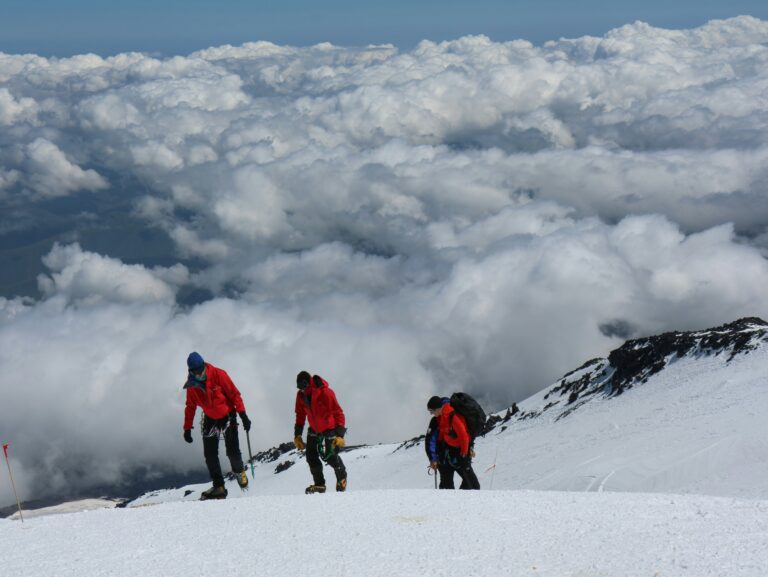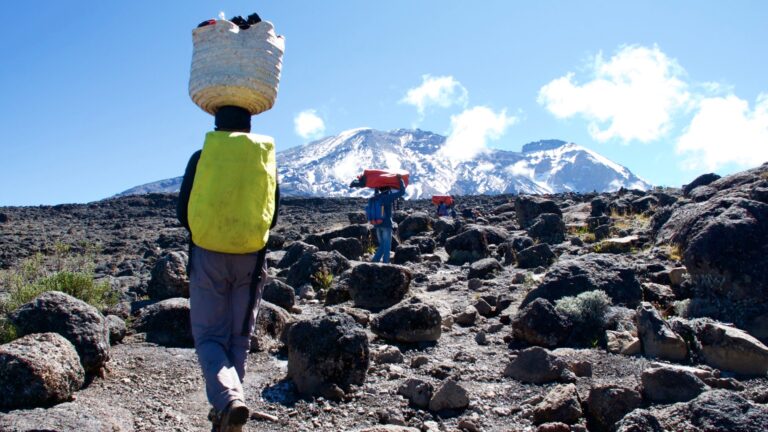When doing a safari trip with a vehicle, it’s important to be aware of the condition of the vehicle and to avoid any behavior that could put yourself or others in danger. Here are some things to avoid when doing a safari trip with a vehicle:
- Overloading the vehicle: Overloading the vehicle with too many passengers or luggage can put a strain on the vehicle and make it difficult to navigate rough terrain. It’s important to follow the guidelines set by the tour operator and avoid overloading the vehicle.
- Speeding: Driving too fast on rough terrain can damage the vehicle and put passengers at risk of injury. It’s important to drive at a safe and reasonable speed, taking into account the condition of the terrain and the presence of wildlife.
- Driving off-road: Many national parks and reserves have strict rules against driving off-road. Driving off-road can damage the environment and disrupt wildlife habitats. It’s important to follow the designated roads and trails to avoid any negative impact on the environment.
- Ignoring warning lights or signs: If a warning light comes on or there is a sign indicating a potential issue with the vehicle, it’s important to address the issue immediately. Ignoring warning signs can lead to a breakdown or other safety issues.
- Not wearing seat belts: Wearing seat belts is important for safety, especially when driving on rough terrain. It’s important to wear seat belts at all times and ensure that all passengers do the same.
By being mindful of the condition of the vehicle and following safe driving practices, you can have a safe and enjoyable safari experience.





